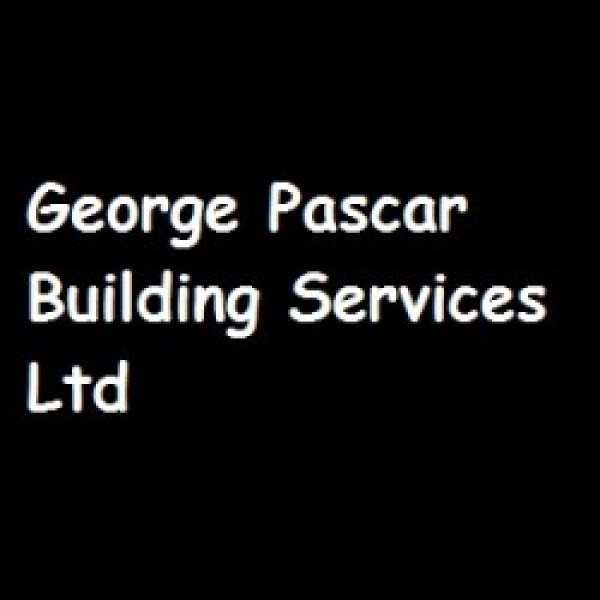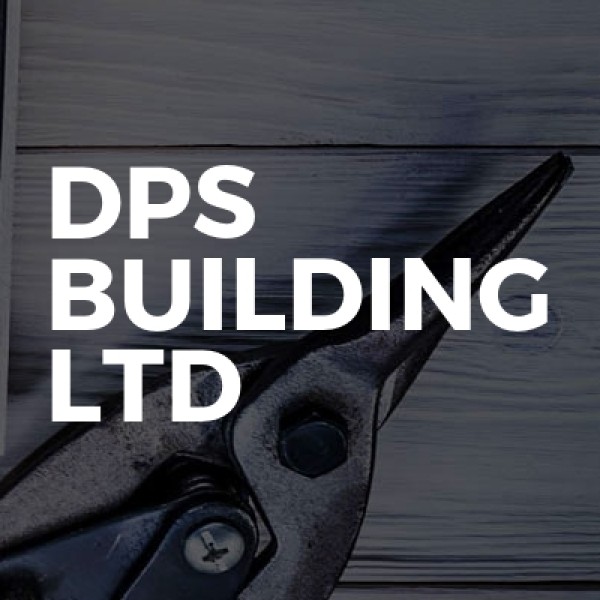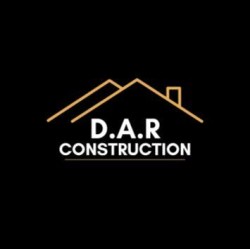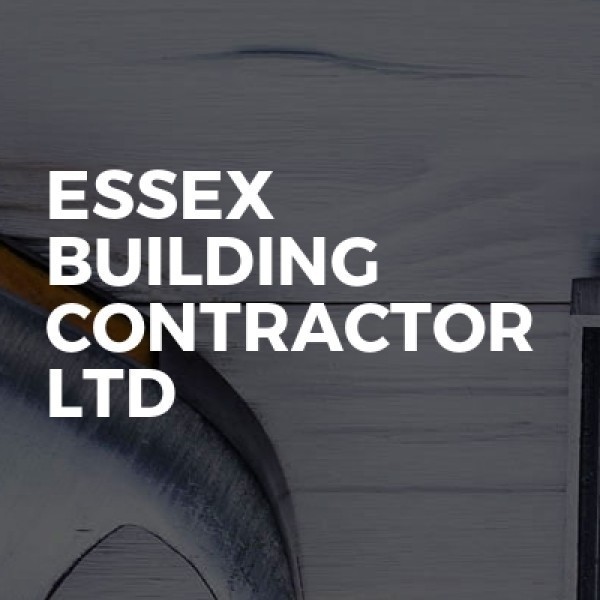Loft Conversions in West Ham
Search Loft Conversions in places nearby
Understanding Loft Conversions in West Ham
Loft conversions in West Ham have become a popular choice for homeowners looking to maximise their living space without the hassle of moving. This process involves transforming an underutilised attic into a functional area, offering a cost-effective solution to space constraints. With the vibrant community and rich history of West Ham, enhancing your home with a loft conversion can add significant value and comfort.
The Benefits of Loft Conversions
Loft conversions offer numerous advantages. Firstly, they provide additional living space, which can be used for various purposes such as a bedroom, office, or playroom. Secondly, they can increase the value of your property, making it a wise investment. Lastly, loft conversions can improve the aesthetic appeal of your home, giving it a modern and spacious feel.
Increased Property Value
One of the most compelling reasons to consider a loft conversion is the potential increase in property value. Homes with additional living spaces are often more attractive to buyers, and a well-executed loft conversion can significantly boost your home's market price. In West Ham, where property demand is high, this can be particularly beneficial.
Customisable Living Space
Loft conversions offer a blank canvas for homeowners to create a space that suits their needs. Whether you need an extra bedroom, a home office, or a creative studio, a loft conversion can be tailored to meet your specific requirements. This flexibility makes it an appealing option for many families in West Ham.
Types of Loft Conversions
There are several types of loft conversions to consider, each with its own set of benefits and considerations. The most common types include dormer, hip-to-gable, and mansard conversions. Understanding the differences can help you choose the best option for your home.
Dormer Loft Conversions
Dormer loft conversions are the most popular choice in West Ham. They involve extending the existing roof to create additional headroom and floor space. Dormers are versatile and can be added to most types of homes, making them a practical choice for many homeowners.
Hip-to-Gable Loft Conversions
Hip-to-gable conversions are ideal for semi-detached or detached homes with a hipped roof. This type of conversion involves extending the sloping side of the roof to create a vertical wall, increasing the internal space. It's a great option for those looking to maximise their loft's potential.
Mansard Loft Conversions
Mansard conversions are more complex and usually involve altering the entire roof structure. This type of conversion provides the most space and is often used in terraced houses. While it may require planning permission, the result is a spacious and stylish addition to your home.
Planning Permission and Building Regulations
Before embarking on a loft conversion in West Ham, it's essential to understand the planning permission and building regulations involved. While some conversions fall under permitted development rights, others may require formal approval.
Permitted Development Rights
Many loft conversions can be completed under permitted development rights, meaning you won't need to apply for planning permission. However, there are specific criteria that must be met, such as the height and volume of the conversion. It's crucial to check with your local council to ensure compliance.
Building Regulations
Regardless of whether planning permission is required, all loft conversions must comply with building regulations. These regulations ensure the safety and structural integrity of the conversion, covering aspects such as fire safety, insulation, and access. Hiring a professional to oversee this process can help ensure your conversion meets all necessary standards.
Choosing the Right Contractor
Selecting the right contractor is vital to the success of your loft conversion. A skilled and experienced contractor can guide you through the process, ensuring a smooth and efficient project.
Research and Recommendations
Start by researching local contractors with experience in loft conversions. Ask for recommendations from friends or neighbours who have completed similar projects. Reading online reviews can also provide insights into a contractor's reliability and quality of work.
Obtaining Quotes and Comparing Prices
Once you've shortlisted potential contractors, obtain detailed quotes from each. Compare prices and services offered to ensure you're getting the best value for your money. Remember, the cheapest option isn't always the best, so consider the contractor's experience and reputation as well.
Design Considerations for Loft Conversions
Designing your loft conversion involves more than just choosing a layout. Considerations such as lighting, insulation, and access can significantly impact the functionality and comfort of the space.
Maximising Natural Light
Natural light can transform a loft conversion, making it feel more spacious and inviting. Consider installing skylights or dormer windows to maximise the amount of light entering the space. This not only enhances the aesthetic appeal but also reduces the need for artificial lighting.
Insulation and Energy Efficiency
Proper insulation is crucial for maintaining a comfortable temperature in your loft conversion. It can also improve energy efficiency, reducing heating costs. Consider using high-quality insulation materials and ensure all windows and doors are properly sealed.
Access and Safety
Access to your loft conversion should be safe and convenient. A well-designed staircase can provide easy access while complementing the overall design of your home. Additionally, ensure that all safety measures, such as fire escapes and smoke alarms, are in place.
Budgeting for Your Loft Conversion
Budgeting is a critical aspect of any home improvement project. Understanding the costs involved in a loft conversion can help you plan effectively and avoid unexpected expenses.
Estimating Costs
The cost of a loft conversion can vary depending on factors such as the type of conversion, the size of the space, and the materials used. On average, a loft conversion in West Ham can range from £20,000 to £50,000. It's essential to obtain detailed quotes and factor in additional costs such as planning fees and furnishings.
Financing Options
If you're concerned about the cost, consider exploring financing options. Many homeowners opt for home improvement loans or remortgaging to fund their loft conversion. It's important to assess your financial situation and choose an option that suits your needs.
Common Challenges and Solutions
While loft conversions offer many benefits, they can also present challenges. Being aware of potential issues and their solutions can help ensure a successful project.
Structural Limitations
Some homes may have structural limitations that affect the feasibility of a loft conversion. Consulting with a structural engineer can help identify any issues and provide solutions, such as reinforcing beams or altering the design.
Planning and Timing
Proper planning and timing are crucial to the success of a loft conversion. Delays can occur due to unforeseen circumstances, such as weather conditions or supply shortages. Working with an experienced contractor and having a contingency plan can help mitigate these risks.
Frequently Asked Questions
- Do I need planning permission for a loft conversion in West Ham? Many loft conversions fall under permitted development rights, but it's essential to check with your local council to ensure compliance.
- How long does a loft conversion take? The duration of a loft conversion can vary, but most projects take between 6 to 12 weeks to complete.
- Can I use my loft conversion as a bedroom? Yes, loft conversions are often used as additional bedrooms, provided they meet building regulations for safety and access.
- What is the best type of loft conversion for my home? The best type of loft conversion depends on your home's structure and your specific needs. Consulting with a professional can help you determine the most suitable option.
- How much does a loft conversion cost in West Ham? Costs can vary, but on average, a loft conversion in West Ham ranges from £20,000 to £50,000.
- Will a loft conversion add value to my home? Yes, a well-executed loft conversion can significantly increase your property's value.
Loft conversions in West Ham offer an excellent opportunity to enhance your living space and increase your property's value. By understanding the different types of conversions, planning requirements, and design considerations, you can create a functional and stylish addition to your home. With careful planning and the right contractor, your loft conversion can become a valuable asset that meets your family's needs for years to come.





































